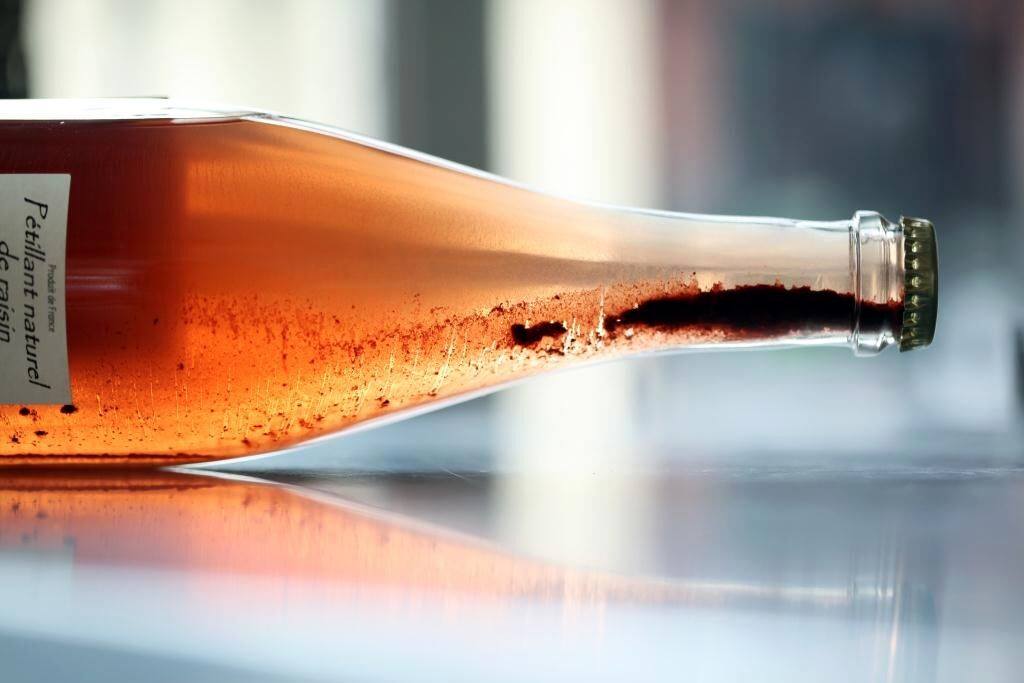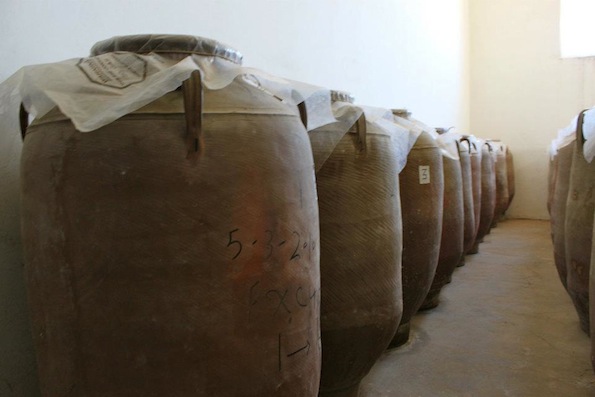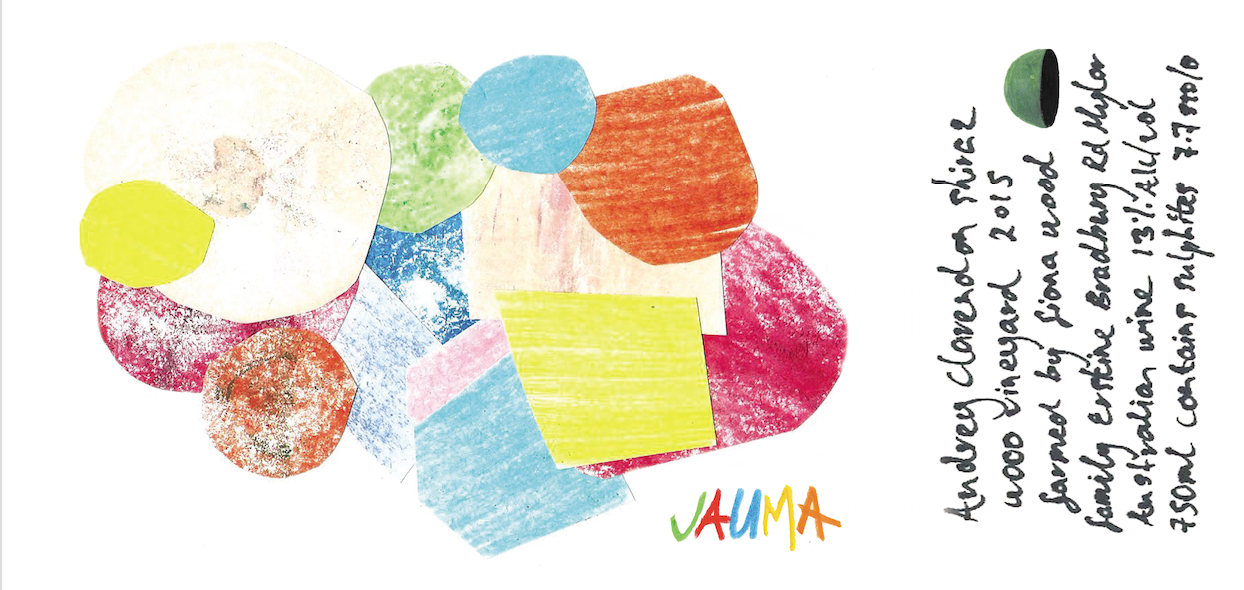It is a truth universally acknowledged: there is no such thing as natural wine. This is because it is self-evident that nature does not make the wine, but man does. The vine would not grow without being trained and pruned, the grapes would not be picked without the intervention of man and the whole process of vinification is controlled by man. Without man, nature would be wild, unaccommodated, lacking direction, purpose or morality. Much like the natural wine grower. A laissez-faire, do-nothing approach is a lazy-faire approach and does not make the wine natural, for indeed it is unnatural to do nothing; intervention is the wine. In short, if natural wines existed, which they don’t, they would be unnatural.

The ultimate purpose of wine is to be a consumer product. There must be inviolable standards, established and ratified by experienced tasters. Like me. There are the objective benchmarks; just because hundreds and thousands of people drink natural doesn’t legitimise them; they simply don’t understand the difference between good and bad and have been confused by the relentless Goebbels-like propaganda and pseudo-sophistry of the natural wine machine. Or perhaps they are zerbini (doormats) or cultural philistines.
The position of natural wine apologists is riddled with intellectual inconsistency. They subscribe to fundamentalist theological doctrine, an unwavering attachment to a set of half-baked irreducible beliefs. Tell me how do self-styled natural wine fashionistas eat? Do they season their food with salt and pepper and lemon juice to bring out the flavour? And yet surely those very additions would betray (in their own literalist world) the absolute concept of an original natural product. Can they not see how hypocritical it is to season their food and not allow winemakers to put additives in their wines? And food is like wine – consider that the acid, the colouring, the tannins and multifarious enzymes are but a kind of seasoning that corrects and improves the wine and makes it infinitely more palatable. Just as Heinz adopted the slogan: 57 varieties; winemakers should be proud to proclaim 57 chemical and physical interventions. It is accepted that professional athletes and cyclists take drugs to reach an elite level and maintain a consistent standard; winemakers should be allowed a parole to inoculate with a similar dosage. A wine director of a large wine company told me that he had a single imperative: Excellence über alles.
And what is artifice other than a better kind of nature? Margarine is thus superior to butter, because it does not go off when you leave it out of the fridge. In fact, what sort of product is freshly churned farmhouse butter other than a vessel for noxious bacteria?
Some people say that natural wine is like unpasteurised cheese and if it’s okay for cheese not to be processed then why not apply the same criteria to wine? I refute this argument thus – wine is a drink, cheese is a food. Such comparisons are bogus. Or like real ale – again this is a fallacious argument. Real ale is beer, wine is fermented grape juice. Or is not natural wine like mushrooms harvested wild from the woods or fish taken directly from the river and cooked immediately – no, no, no, this is all wrong. Wine is apples (or rather grapes) and these are pears. Once the wine is in the bottle and a label on that bottle it becomes a different beast, an entirely manufactured, consumer-oriented product. Wine is, and must always be, sacrosanct in this regard – it is made, otherwise it would not exist. A made thing cannot be natural, by definition. Yet, it is not unnatural, any more than the will of man is unnatural. The logic of this is irrefutable.

And you simply can’t make wine without additives. It is impossible. Anyone who tells you otherwise is a bare-faced liar. The fact that wine has been made thus for thousands of years without chemicals is irrelevant. These wines would all have tasted like vinegar; they would not be recognised by the critics and consumers of today. The majority of wines made before the 1960s were faulty; if they were made without additives and I happened to enjoy them then that was an accident, a freak of nature, the exception that probably proves the rule. A wine made without additives is a faulty wine – even if it doesn’t taste faulty.
The natural winemaker mafiosi prefer to play Russian Roulette with their wines and our taste buds. We all know that wild yeast ferments are dangerous and can cause bacterial spoilage. And this is the least of it. Wine should always be about the absence of verifiable fault and the purity of fruit. The wines that people call natural are merely an aggregation of aldehydes, stinky compounds, reduction, brett, TCA and so forth. And, of course, these wines are all, without exception, oxidised to the hilt – and beyond.
Additives are part of wine; they are as old as wine itself. The Greeks and Romans used a variety of substances to preserve their wines: honey, pine resin, sea water. Sulphites are not only necessary; they are the seasoning, the stuff and soul of the wine. Sulphur is a natural product in any case; and you can’t have too much of this kind of natural preservative. We are not living in the dark ages, though the luddist apologists for natural wine would have us back there in a flash. The beauty of oenology is that it is the unerring appliance of science to wine, refining, improving and polishing the ultimate liquid until it reaches a technical standard acceptable to me.
Wine is the result of a multitude of chemical and microbiological actions and reactions and so it is a simple matter to set quality benchmarks. The natural (if you like) flavour of Sauvignon, for example, is an amalgam of unripe fruit, intense thiols, cultured yeast flavours, methoxyisobutylpyrazines and lashings of sulphur dioxide. The rich, spicy, honeyed, appley offerings from a tiny irrelevant coterie of biodynamic growers are simply a denatured version of the chemically correct benchmark style described above.

Wine exists to be consistent; it is a liquid moulded by man to become a product consumed by consumers. Without consumers, as I have said ad nauseam, there would be no wine. Before there were consumers there was no wine as such, merely volatile unpredictable impure alcoholic grape juice. The needs of the consumer created the need for progressive technology to manufacture clean, effective wine. Thus in the brave new world of conventional wine all is for the best in the best of possible worlds.
The lovers of these so-called natural wines are fantasists who have bewitched the unsuspecting public with their appropriation of the term “natural”. Language is a precise mechanism, but it also carries a moral weight. By annexing natural these folk are telling us that the wines we drink are unnatural. It is an arrogant presumption to create this division and lump a group of wines into a single category; not an approach that those of us who are against the notion of natural wine would ever stoop to. We have seen their druidical ilk before, these flat-earthers, these pious, anti-intellectual theocrats of the wine world. Their beliefs are manifestly dangerous. Does not Horace say “Naturam expellas furca, tamen usque recurret. [Though you drive Nature out with a pitchfork, she will still find her way back.]” It is not unreasonable to warn potential consumers about these bogus wines; if we relax our guard for but a moment the adherents of natural wine will swamp our markets with their extreme products.
The other danger being is that there is no transparency in the world of “natural wine”, no submission to exacting standards nor chemical analysis (this shows how fundamentally dishonest the natural wine apologists are), yet there is an exclusive movement that claims legitimacy and waves a flag on behalf of the growers and their wines. It may have no leaders nor any discernible structure, neither head nor heart, but this body does not engage with, nor tolerate the crystalline logic of esteemed wine hierarchy. These natural wine ayatollahs use the bully-pulpits of their blogs to brow-beat writers and pundits, the Parkers, Sucklings and Josephs who are quite incapable of defending themselves as they are too high-minded ever to be embroiled in tedious name-calling exercises or dull-witted sarcasm. The Hungarians have an expression: Cheap meat makes thin gravy. Well, cheap shots produce anorexic logic.

As for the growers, they are a feral bunch who often exit the appellation on a whim and without a prayer, and decorate their bottles with labels containing no information other than a child’s drawing. Does this not illustrate an appalling disrespect for their own wines let alone for the people who will be drinking them? There must be intellectual rigour and there must be order to preserve the sanctity of the market-place. Any wine that is sold into the market cannot be allowed to be exceptional; there can be no deviation from the norm, no artistic expression without devaluing the product. The winemaker who allows nature to run riot by not intervening at every juncture, if not actively poisoning the wine itself, is surely poisoning the reputation of the wine. The product, when all is said and done, does not belong to the producer; the product, by definition, is the moral property of the consumer.
The sane and rational response to natural wine is not to give it the oxygen of publicity by writing endless declamatory articles against it. Our selfless agenda will impel others to investigate this specious movement and lead them to the same overall conclusions, namely that natural wine is nothing to do with wine. It is the ultimate contradiction in terms, for although it does not exist, people seem to think that it does, and although I am attacking something that does not exist, it is because I do not want it to exist. Natural wine-making is synonymous with bad wine-making; it is illogical, it is regressive, it is aggressive. My arguments do not stem from pejorative, true-born shallowness. We must be liberated from this tyranny of individual quirky expression otherwise we will all to go hell in a handbasin of natural wine vinegar.

